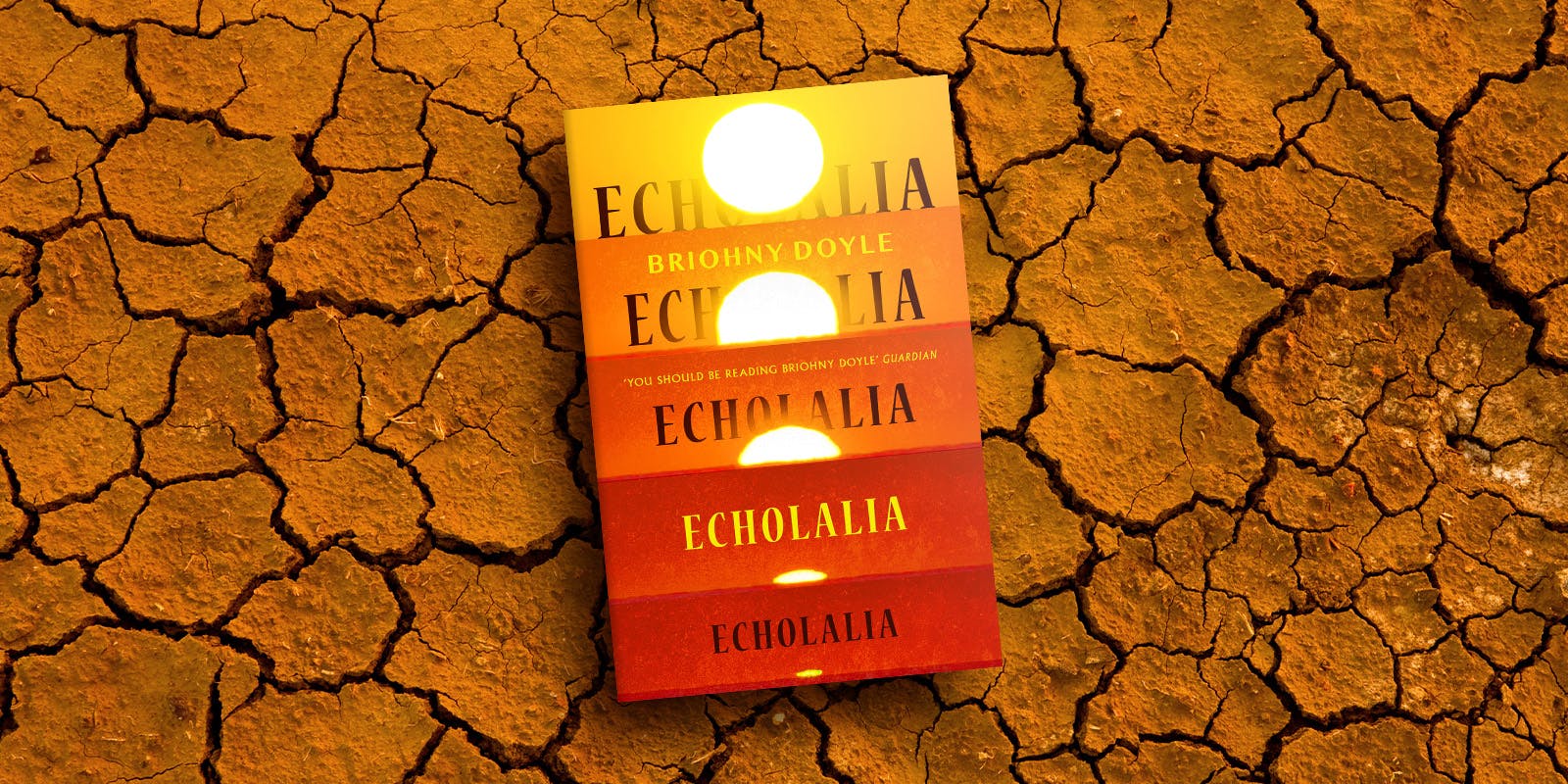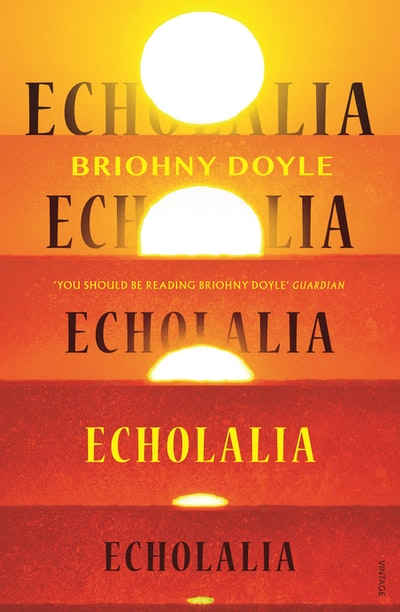What could drive a mother to do the unthinkable?
With themes of motherhood, climate change and family ties, Echolalia is an interesting pick for book club. Briohny Doyle's latest work has been described by Ronnie Scott as 'a beautiful, calm, frightening novel that digs into the unconscious of settler Australia and tells it like a lucid fever dream'. Get your reading group chat started with the thought-provoking questions below.
Discussion points and questions:
-
From Anna Karenina to Little Women, Boy Swallows Universe and Echolalia, mothers have long featured in fiction. Are there as many forms of mothering as there are novels? How honestly do you think mothers are generally portrayed?
-
The fictitious town of Shorehaven is at the hub of Echolalia, and its changing fortunes become pivotal to the Cormac’s lives. What is the author using the town to explore?
-
Did you find Echolalia a particularly Australian novel? Or perhaps this story of heritage, legacy and development could play out on the fringes of cities around the world?
-
Briohny Doyle wrote the novel because she saw motherhood as a concept so ideologically loaded. What do you think of this statement? Do you believe that mothers, like Emma, can be crushed by the burden of expectation?
-
Echolalia, through Emma, her own mother, Pat, and the mothers Clem obsessively returns to, shares a range of different approaches to parenting. Are there good mothers and bad mothers? Or is it more about the environment and support system they are functioning in?
-
Emma feels like there is something inherently bad in baby Robbie. What is your response to this idea?
-
Novelist, Jane Rawson, on reading Echolalia said 'It's so great to read a novel that incorporates climate change as a lived reality rather than a futuristic dystopia, and that interweaves it with capitalism and colonialism and class issues'. Is this how you read the novel?













